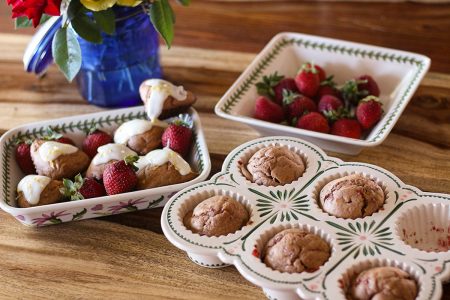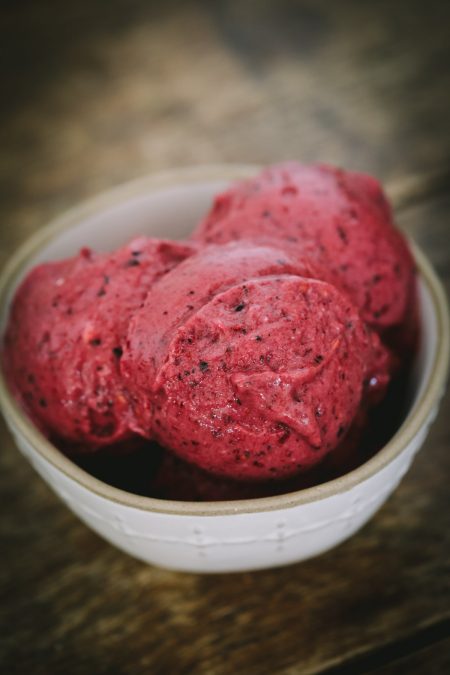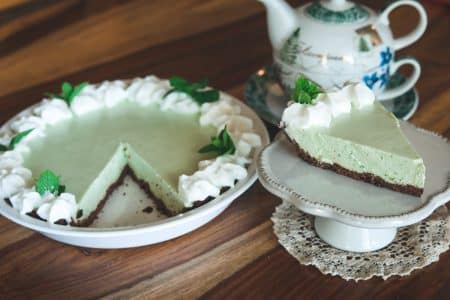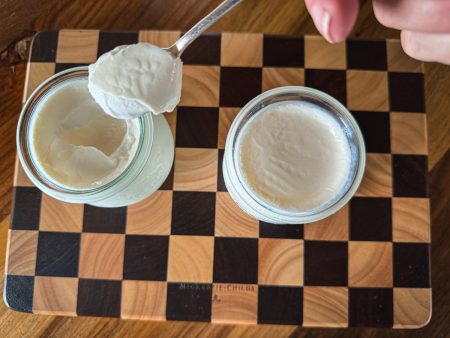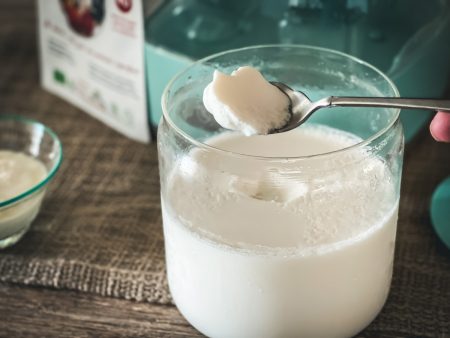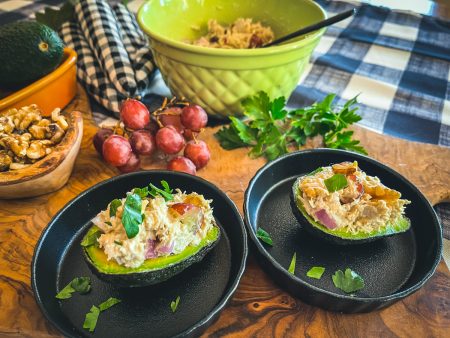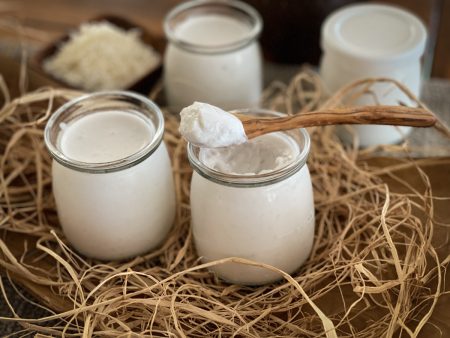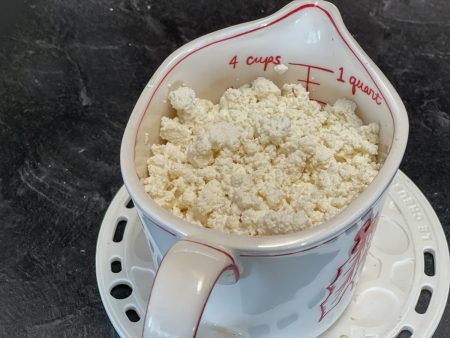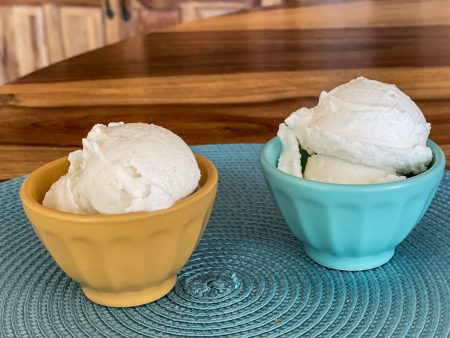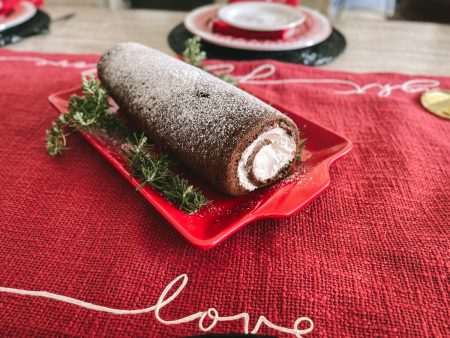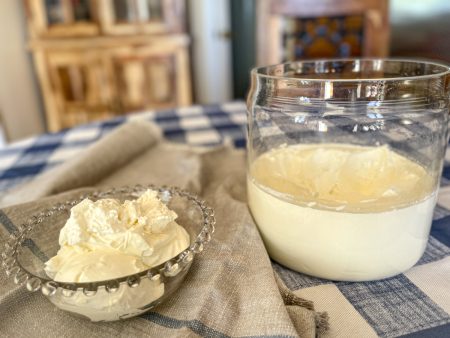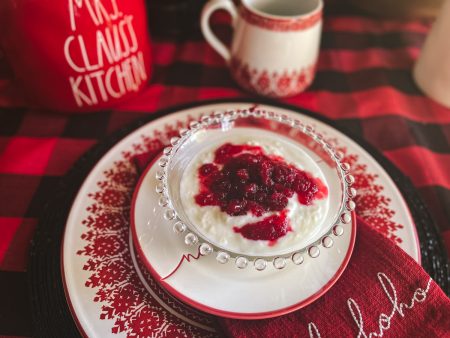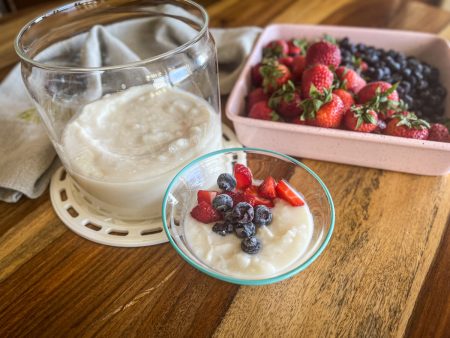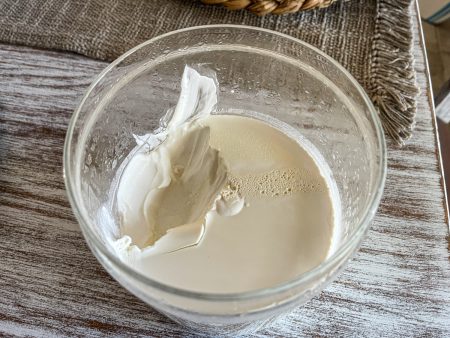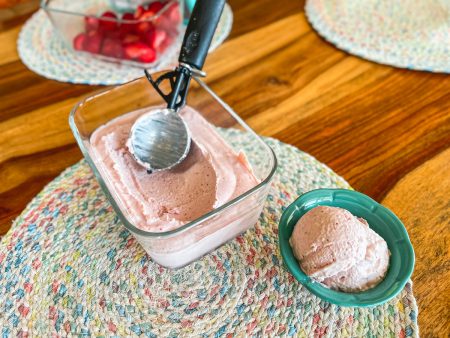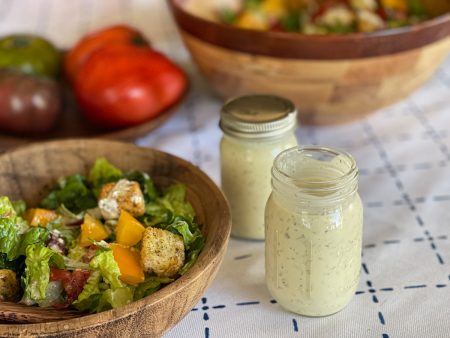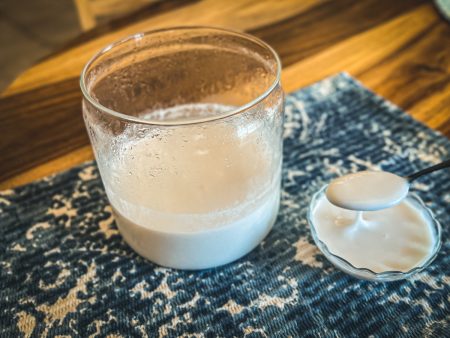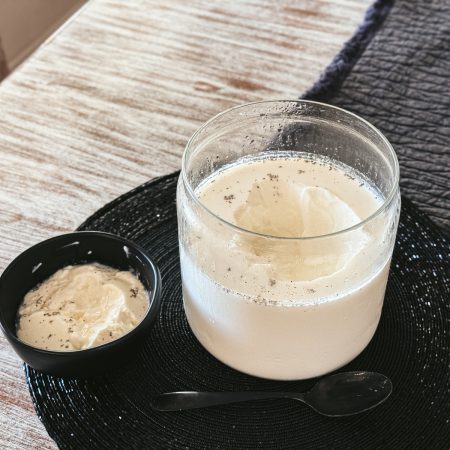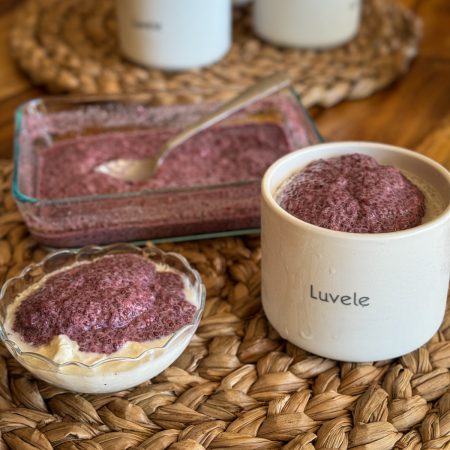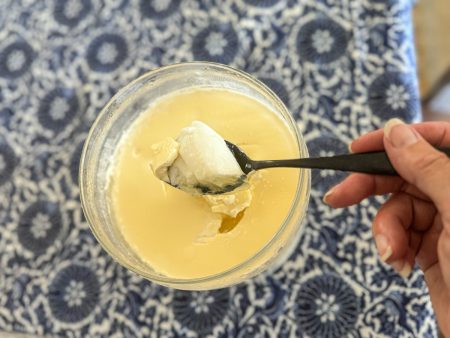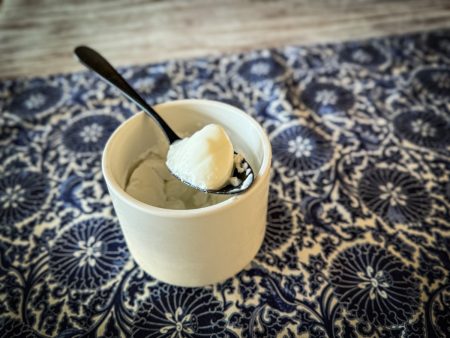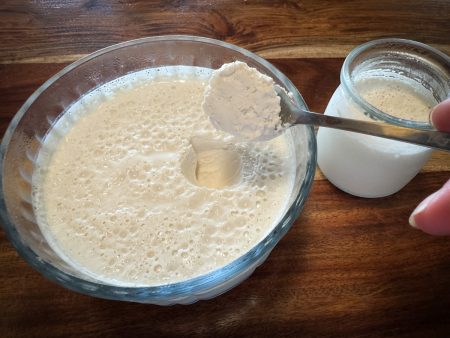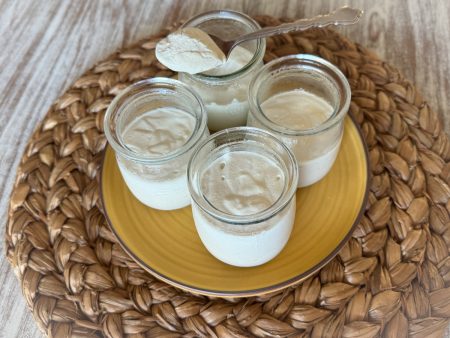
Yogurt Plus FAQs
Yogurt Plus
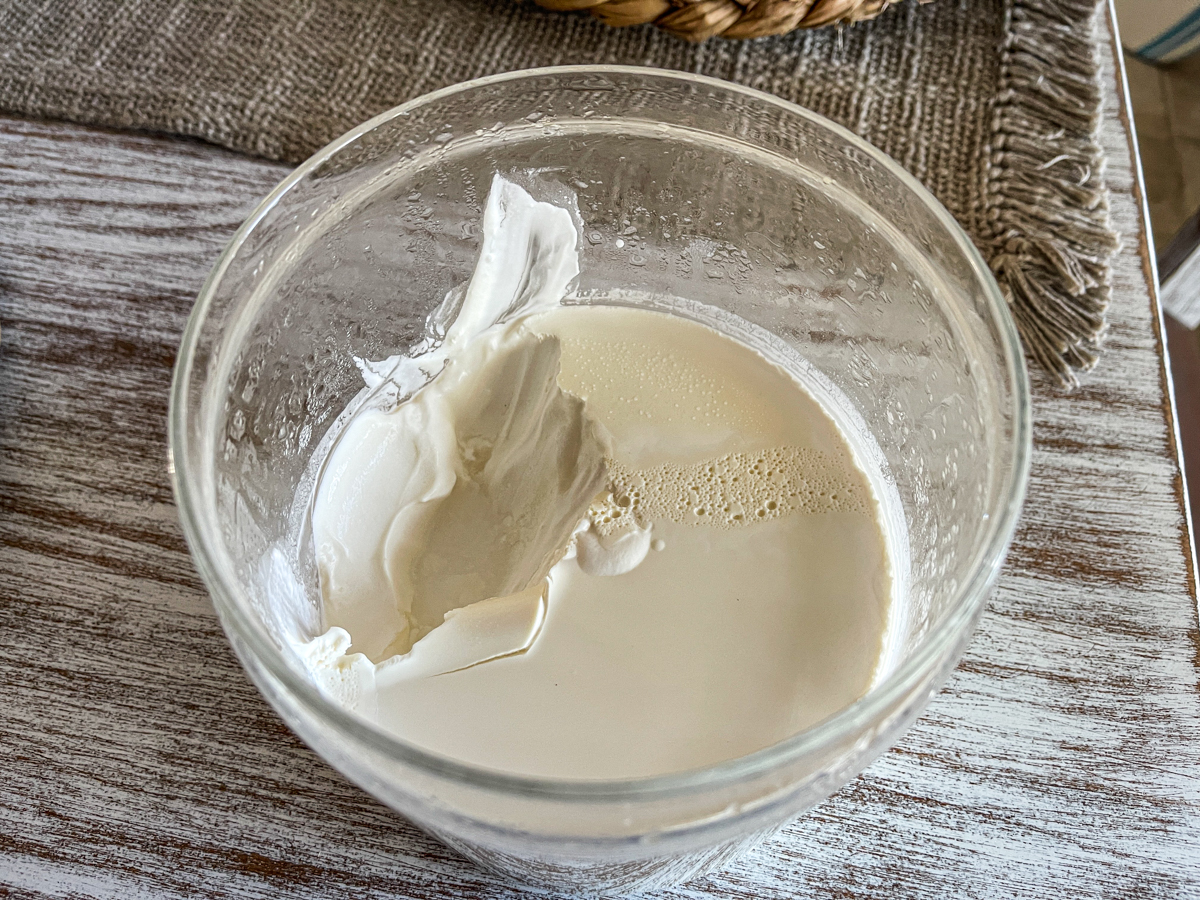 Yogurt Plus is your everyday yogurt to use as a wonderful way to replenish your microbiome.
Yogurt Plus is your everyday yogurt to use as a wonderful way to replenish your microbiome.
Yogurt Plus isn't just your regular yogurt—it's a probiotic-rich superfood that's packed with extra nutrients, enzymes, bifdiobacteria, and more. By combining the creamy goodness of homemade yogurt with additional strains of probiotics you'll get a yogurt that not only tastes amazing but also supports your digestion, boosts your immune system, and enhances your overall well-being.
Making Yogurt Plus at home is easier than you think, allowing you to customize it to your taste and health needs. If you have questions we have made this FAQ to answer some of the most common questions. So, grab your starter cultures and let’s dive into creating a yogurt that does so much more than satisfy your taste buds—it nourishes you from the inside out!
Frequently Asked Questions About Yogurt Plus
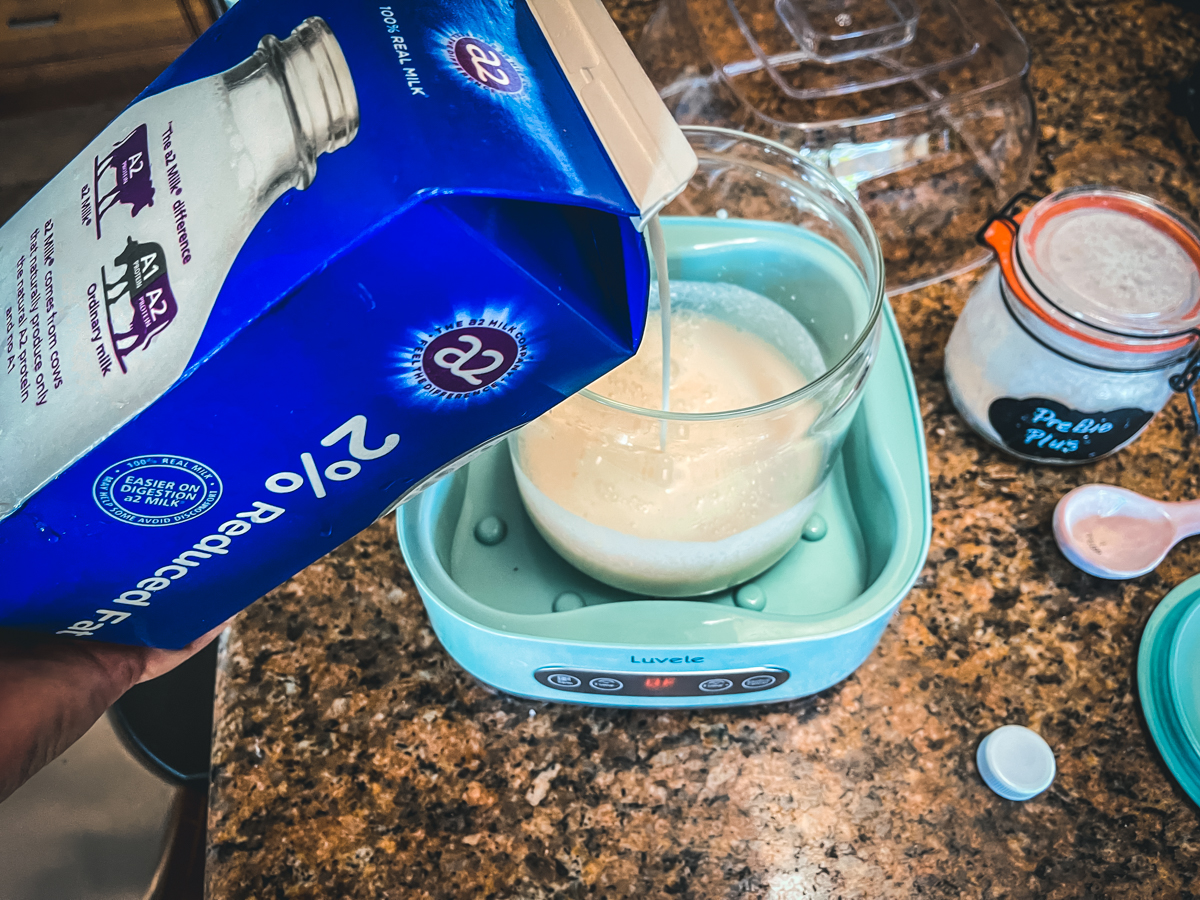
What kind of milk can I use to make yogurt at home?
Any type of ultra-pasteurized dairy milk can be used with this starter culture, such as skim, 1%, 2%, whole milk, or half and half. Ultra-pasteurized milk works the best because it denatures the lactogloubulin in milk and allows it to form a thick curd.
HEATING THE MILK: If the milk is ultra-pasteurized, you only need to heat it to 100°F before adding the culture. If it is not ultra-pasteurized, then you need to heat it to 180° F for 10 minutes.
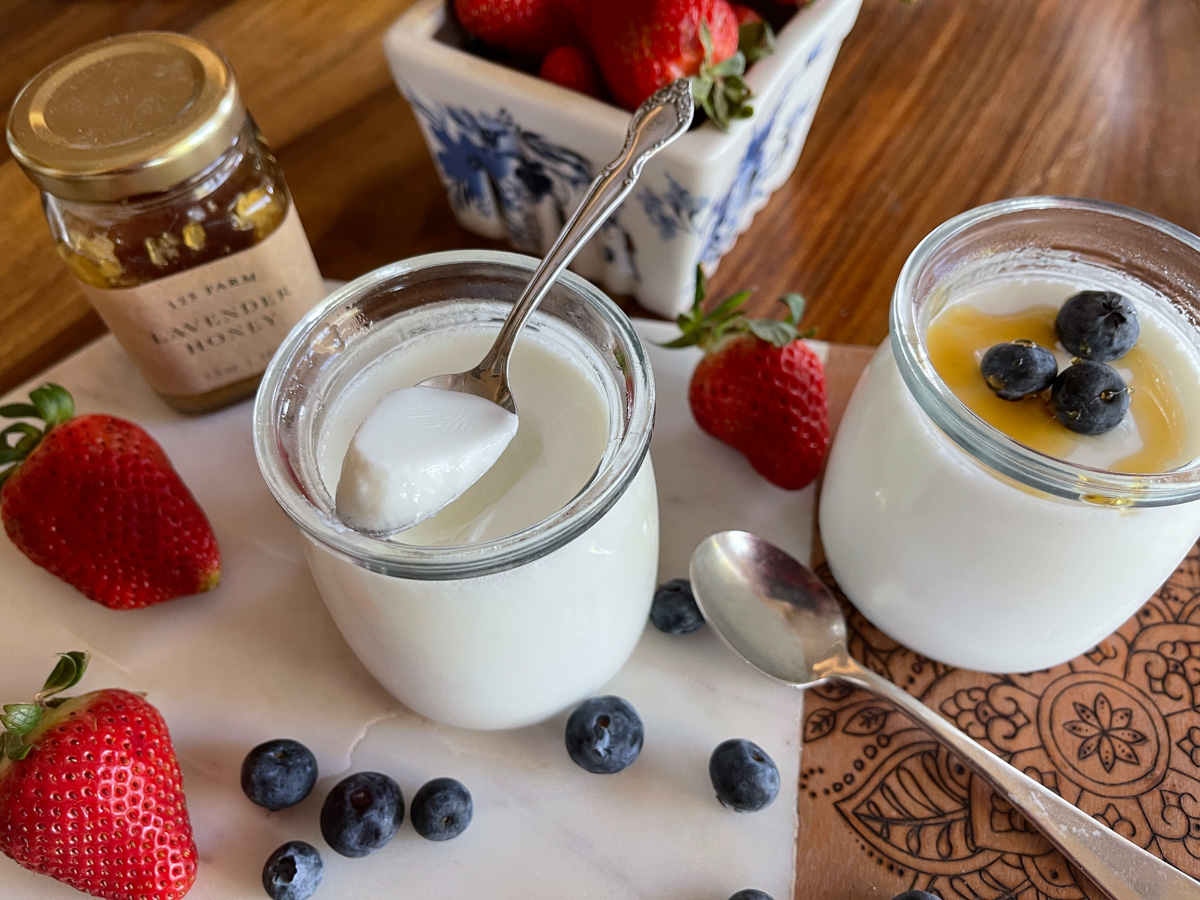
Why is my yogurt not getting thick?
If your yogurt is not getting a good curd, here are a few things to check. Make sure you are culturing at 110 F° to get the best results. Lower temperatures can take longer, and I have found 110 F° works the best for forming a thick curd.
Do not add any prebiotics, such as HMOs or Prebio Plus, to this yogurt; otherwise, it will not set up correctly.
If the yogurt is getting sour or tart-tasting, then it is working and might need to ferment longer than 7 hours, -15 to 24 hours total. Let it keep fermenting until it sets up. Even if the activation batch doesn’t set as well as you like, use it to reculture your next batch with 2 tbsps per quart. Once you get good results, you can also make bigger batches.
ABOUT MILK TO USE: If the milk is ultra-pasteurized, you only need to heat it to 100°F. If it isn't, you need to heat it to 180° F and hold it for 10 minutes. Ultra-pasteurization denatures the lacto globulin and allows for a thick curd.
TEMPERTURE Double-check your thermometer for accuracy. Check your yogurt maker to ensure the temperature is 110°F. Sometimes, these yogurt makers can get too hot. You can always check it with a thermometer to make sure it is accurate but also make sure the thermometer you are using is accurate. Here is how to recalibrate it and check for accuracy.
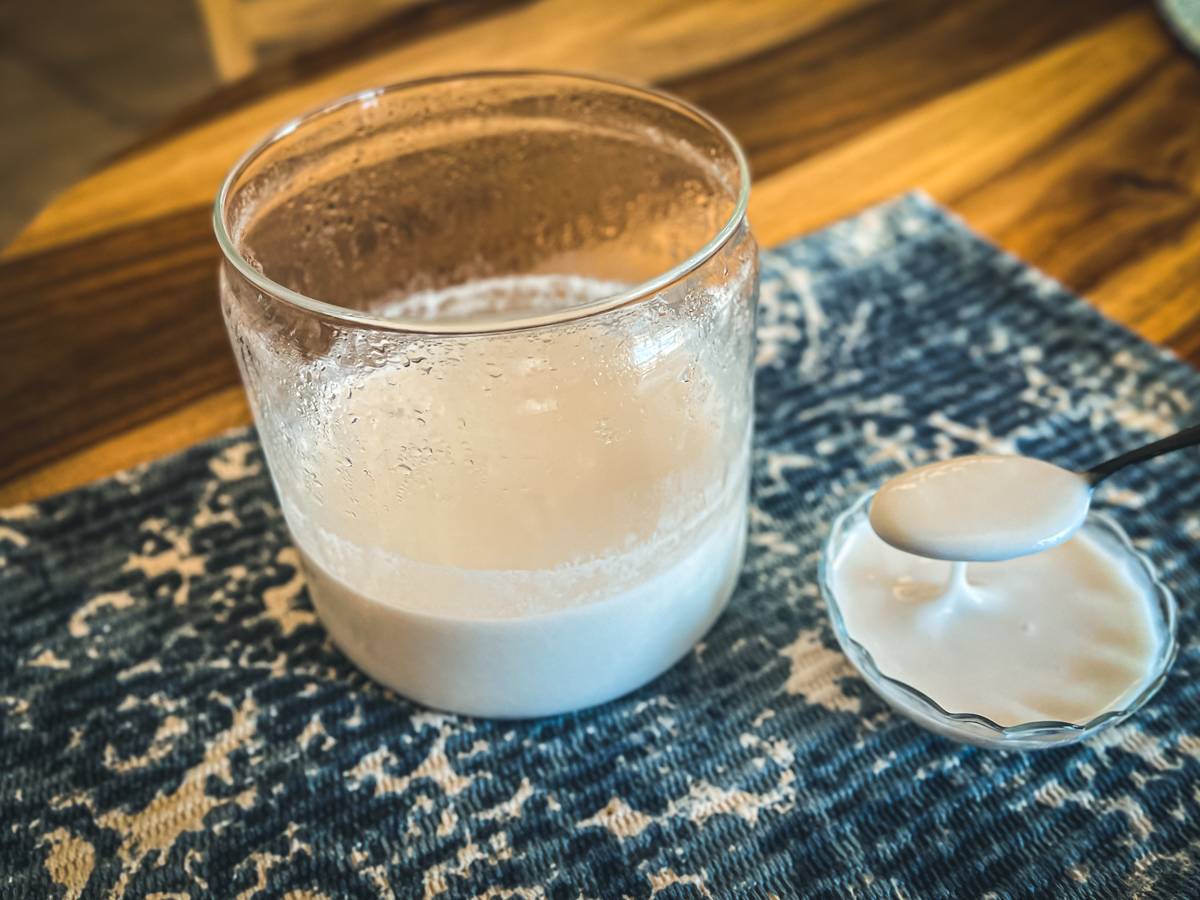
Don't use a prebiotic
Don't use any kind of prebiotic like Prebio Plus or HMOs to make Yogurt Plus. These are used with longer yogurt ferments done at lower temperatures. It can make the yogurt not set up properly and thicken. Fermented at 110F for 7 to 12 hours works the best for this yogurt.
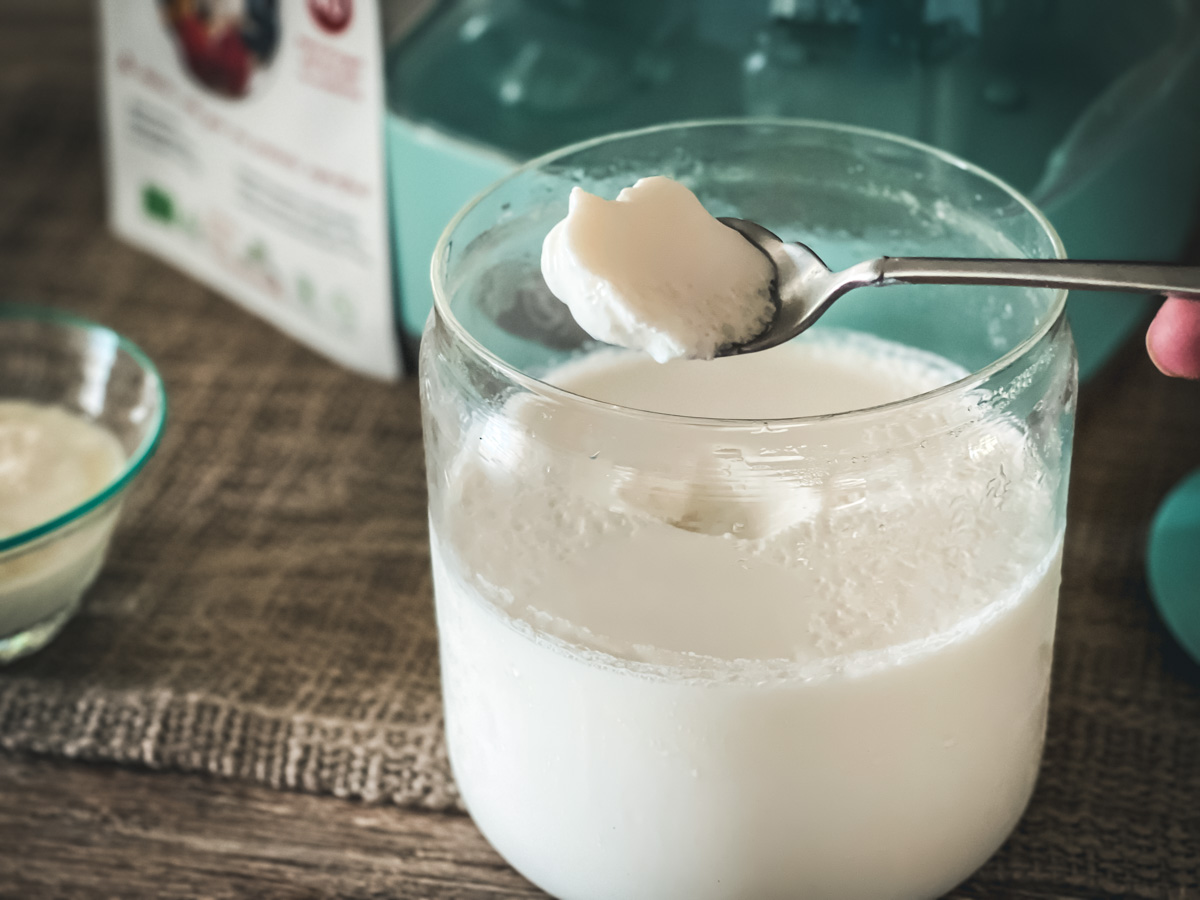
How can I make my yogurt thicker?
There are several ways to improve the thickness of the yogurt. Whole milk or adding a little cream can make your yogurt thicker. You can add a tablespoon of powdered milk for every 8 fluid ounces of milk to help make it thicker. Heating the milk to high temperatures of 160-180°F and holding it there for 20 minutes denatures the proteins, allowing them to form a stronger curd. A higher temperature, held for a longer time, will give you a firmer yogurt. Let it ferment longer if the curd isn't setting up and make sure you are fermenting at 110 F°.
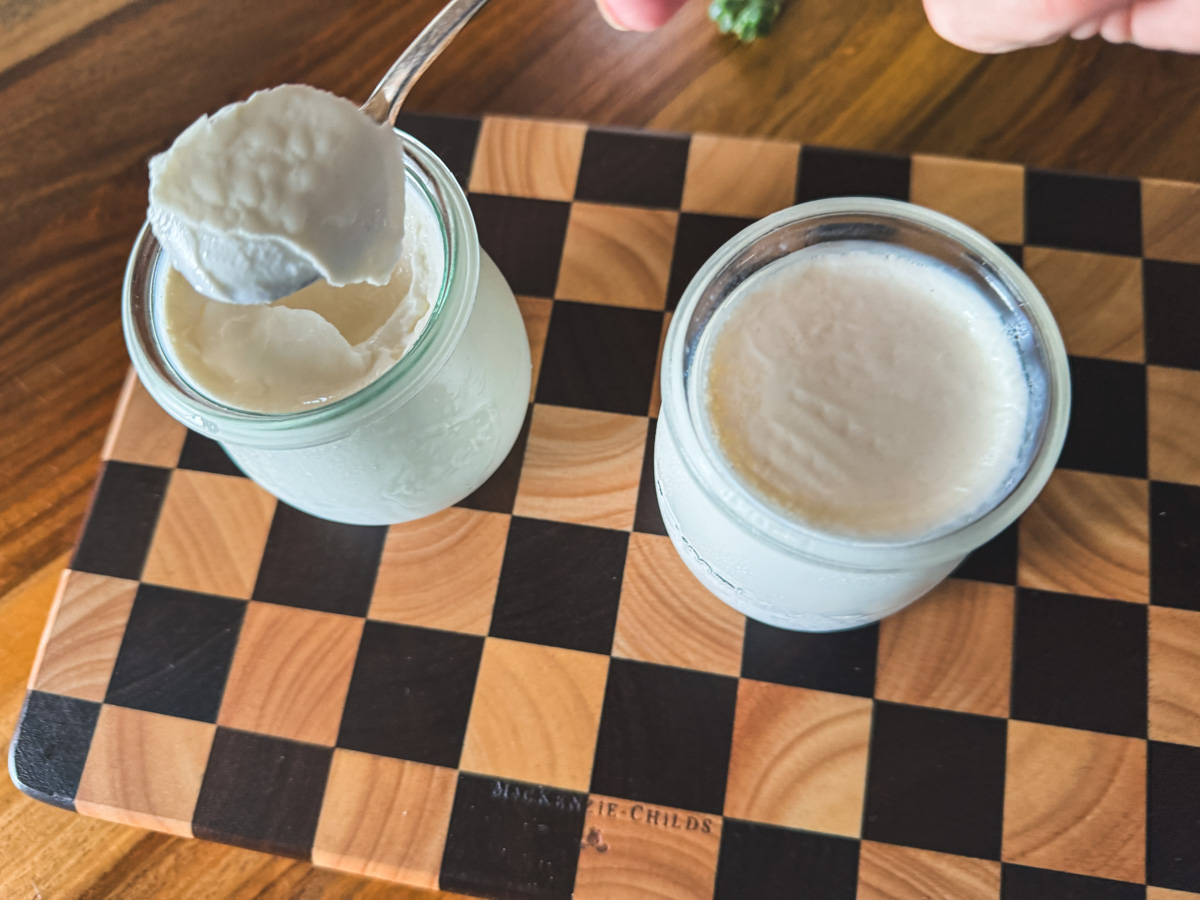
Can I use raw milk to make Yogurt Plus?
Yes, you can but there are a few things you need to know. Check out this video and recipe for more info.
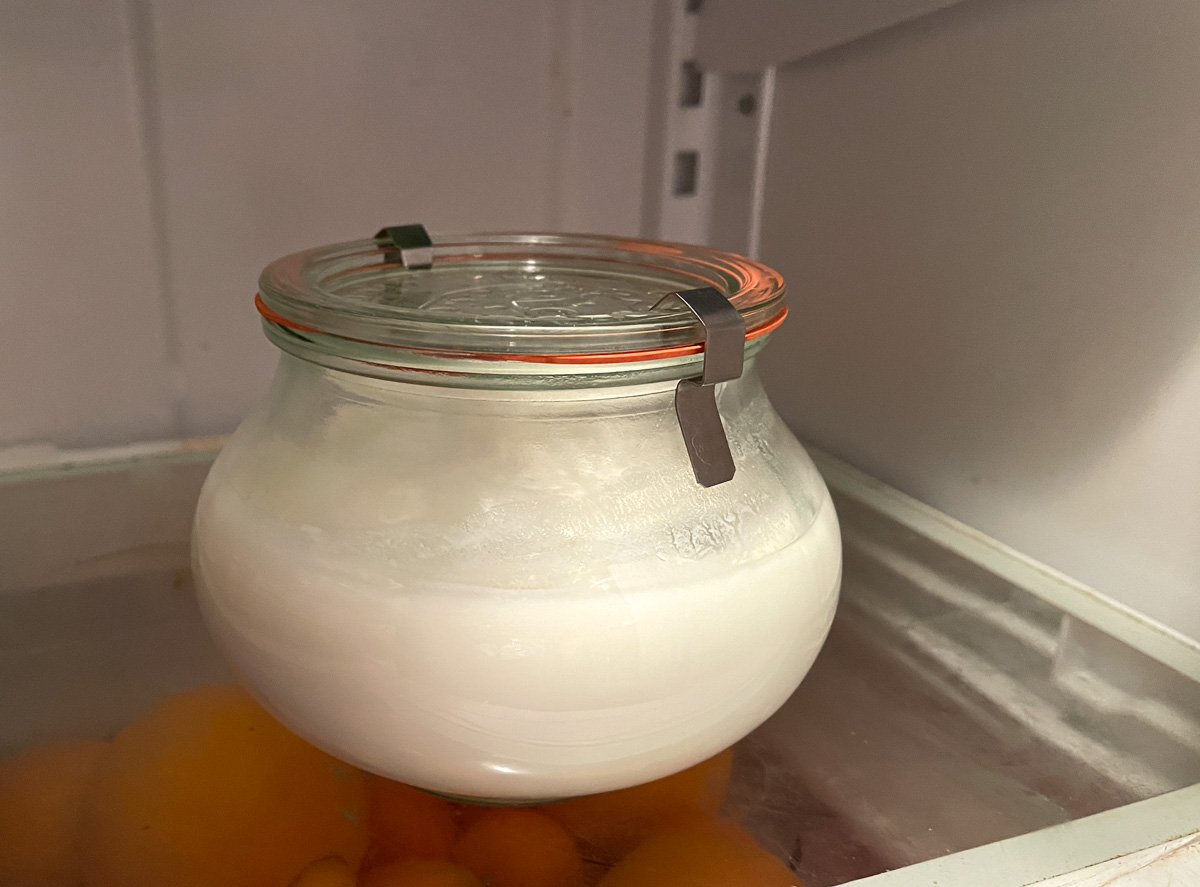
How long will the finished yogurt last in my refrigerator?
In the refrigerator, it should last 7-10 days to allow you to re-culture another batch. It should stay edible for 2-3 weeks
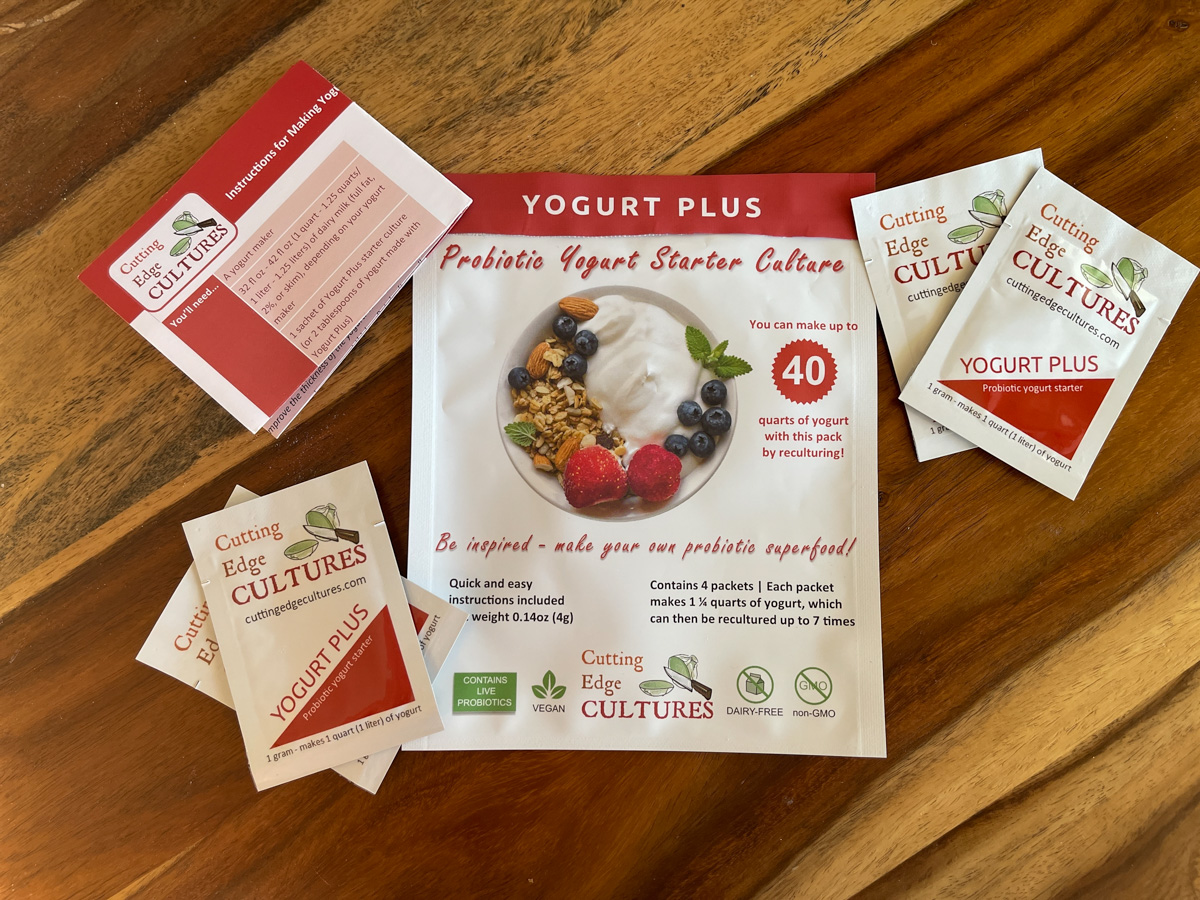
Can I use more than 1 sachet of starter culture to make yogurt?
Do not use more starter than recommended. Too much starter can crowd the bacteria, resulting in thinner, sometimes bitter yogurt. If you want to make a double batch you can use 2 starters and double the milk.
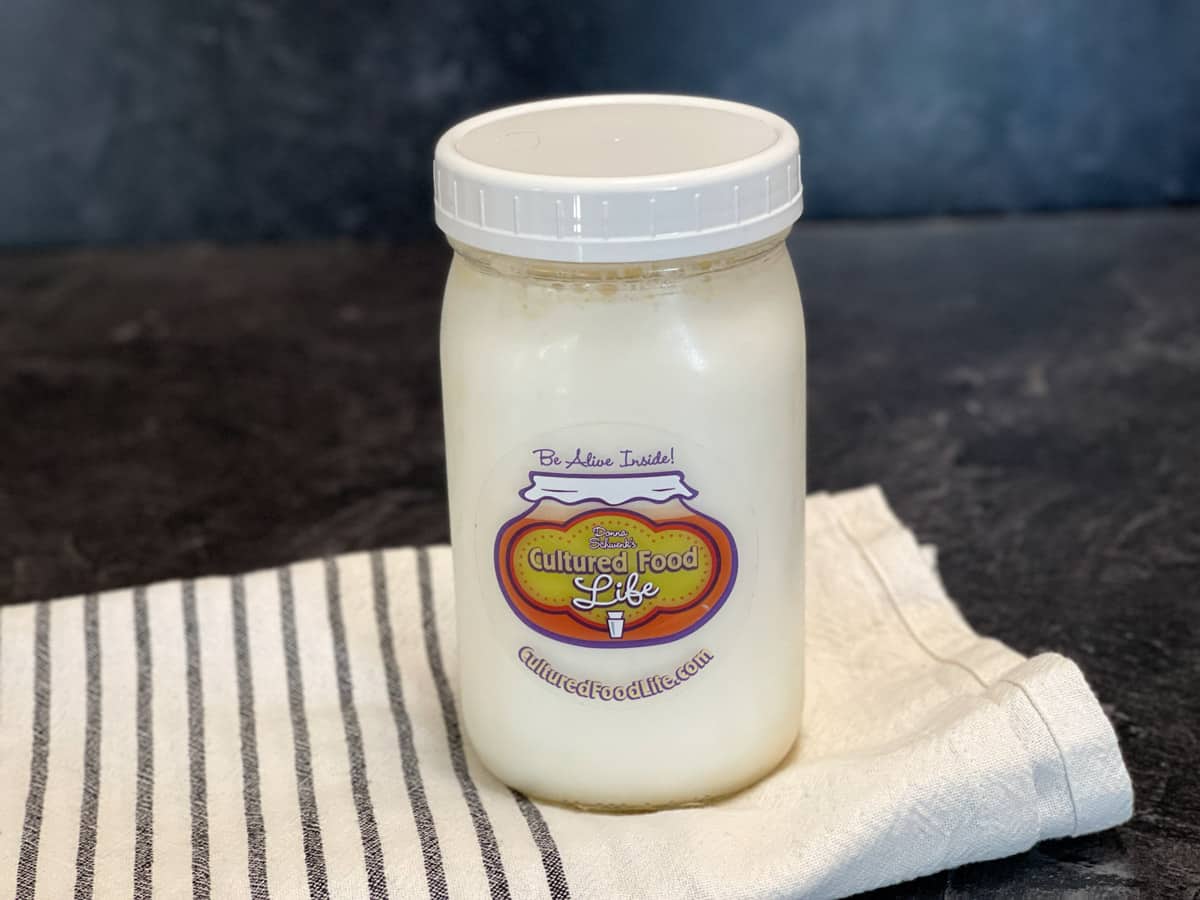
Can I use my yogurt to revive another culture (such as milk kefir)?
No, combining different cultures leads to competition among bacteria. The different bacteria will want to dominate and can kill each other.
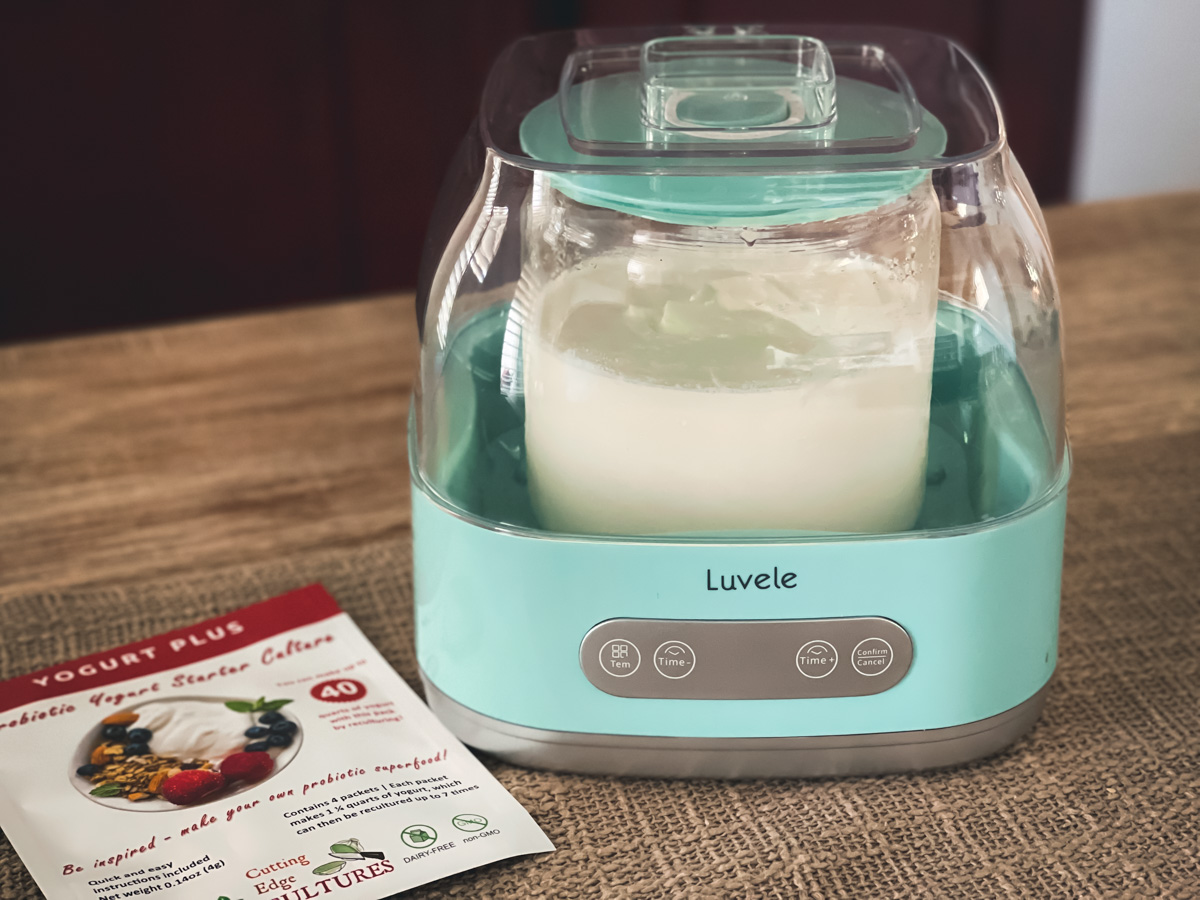
Is the temperature important when culturing yogurt?
It's important to stay within the recommended range of 104°F to 110°F, but 110°F is best when culturing this yogurt. Too warm, and the bacteria will die. Too cool, and the culturing will halt and likely not start again, and your yogurt will be thin and not form a curd.
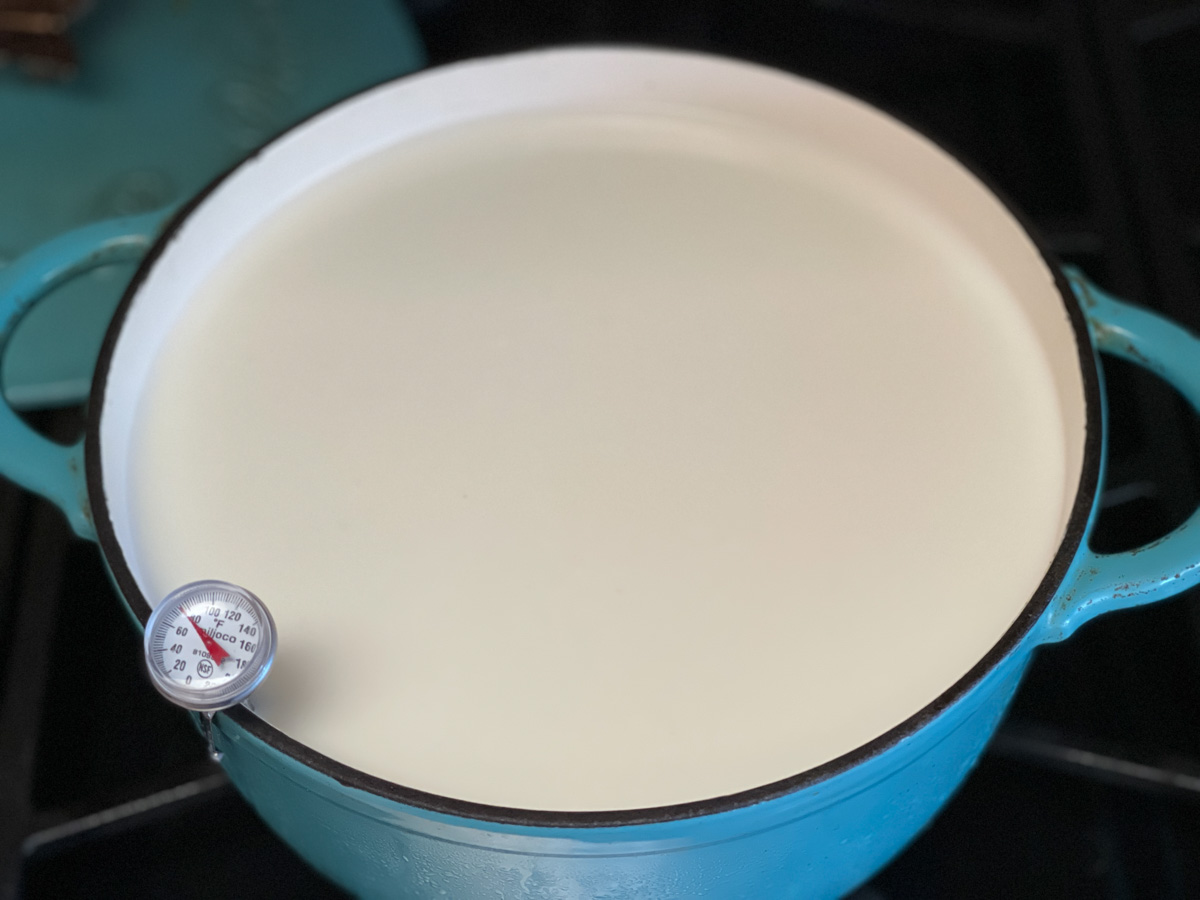
Why do I have to heat pasteurized milk when using the culture?
Heating the milk to 180°F will kill any bacteria present in the milk that might compete with the bacteria in the culture. It will also help denature the protein to form a thicker curd. The goal is to destroy unwanted bacteria that could prevent the yogurt from setting or that could grow beside the good bacteria contained in the starter.
Note: You don't have to heat the milk if using ultra-pasteurized milk.
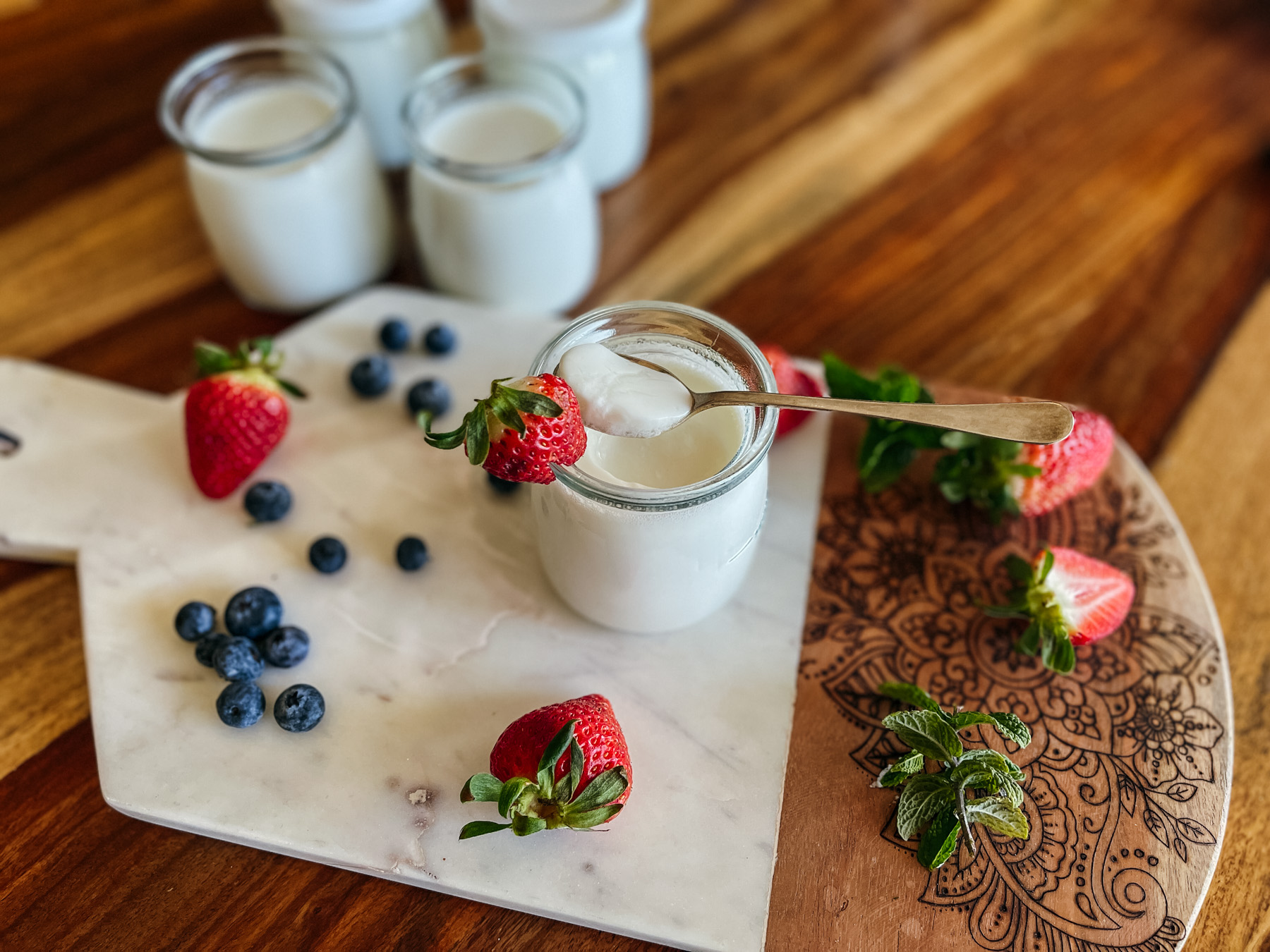
Can I make yogurt without a starter culture?
No, either a yogurt starter culture or some previously-made live yogurt is required in order to make yogurt.
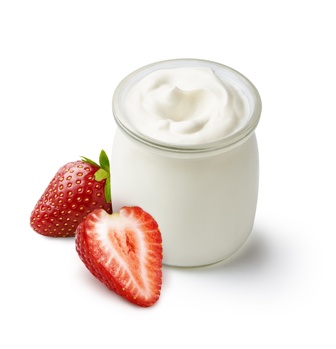
What is a starter culture?
A starter culture is a blend of bacteria that starts the culturing process, lowers the pH of the milk, and gives the resulting yogurt its tangy taste and firmer texture.
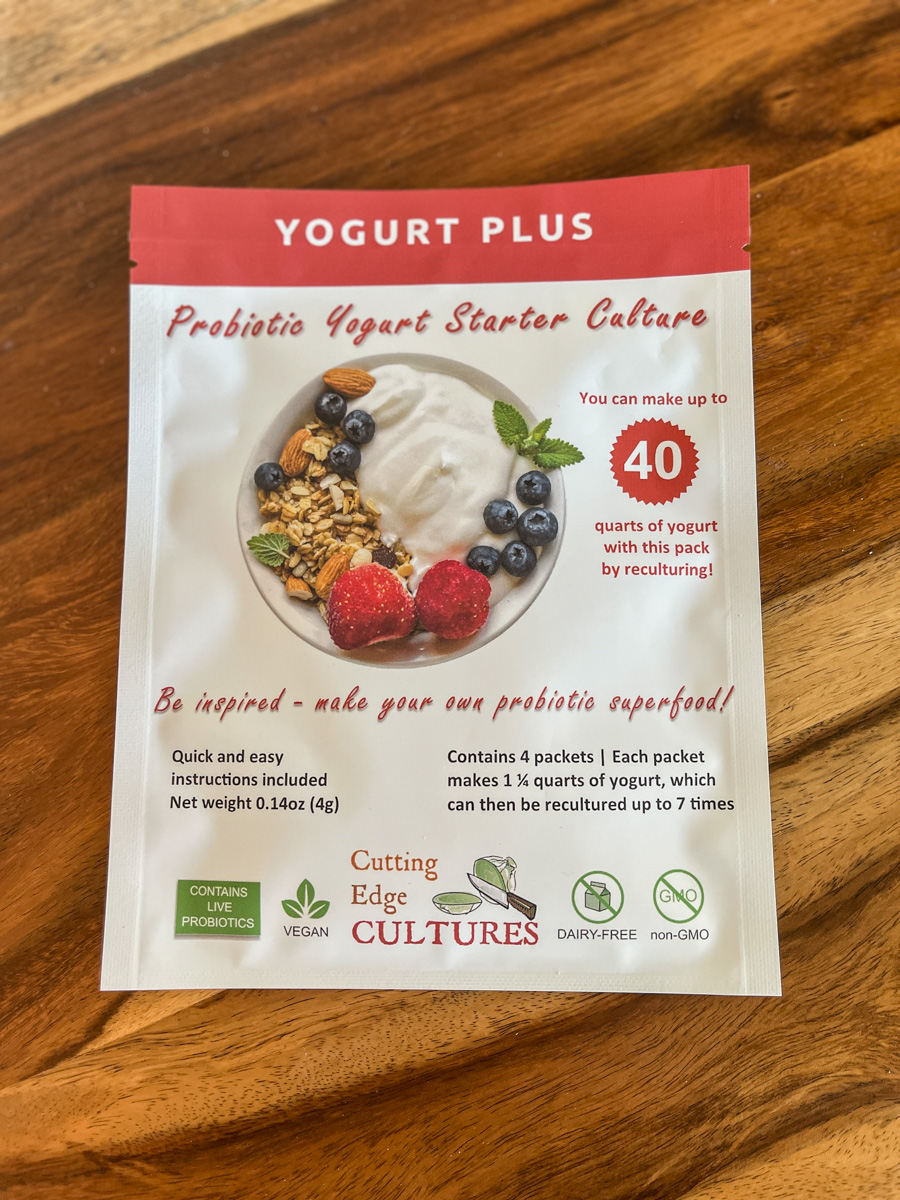
How long does an unopened sachet of starter culture keep in the refrigerator?
The Best By date is printed on each pouch and on each sachet. Please keep the starter culture refrigerated for optimal shelf life.
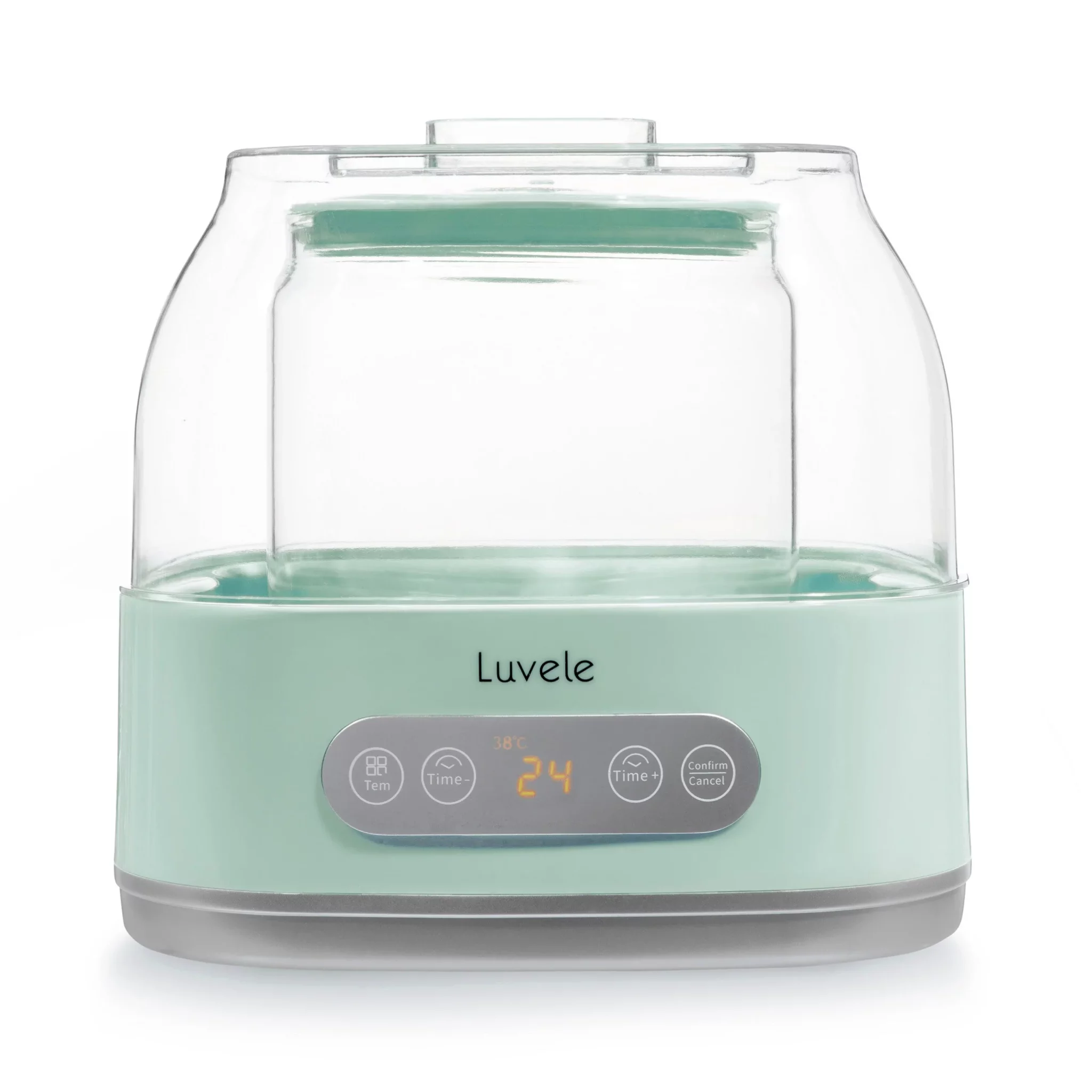
Can I make yogurt without a yogurt maker?
You will need a reliable method of keeping the temperature at a constant temperature of 100°F to 110°F. You could try using a yogurt maker, sous vide device, or an Instant Pot.
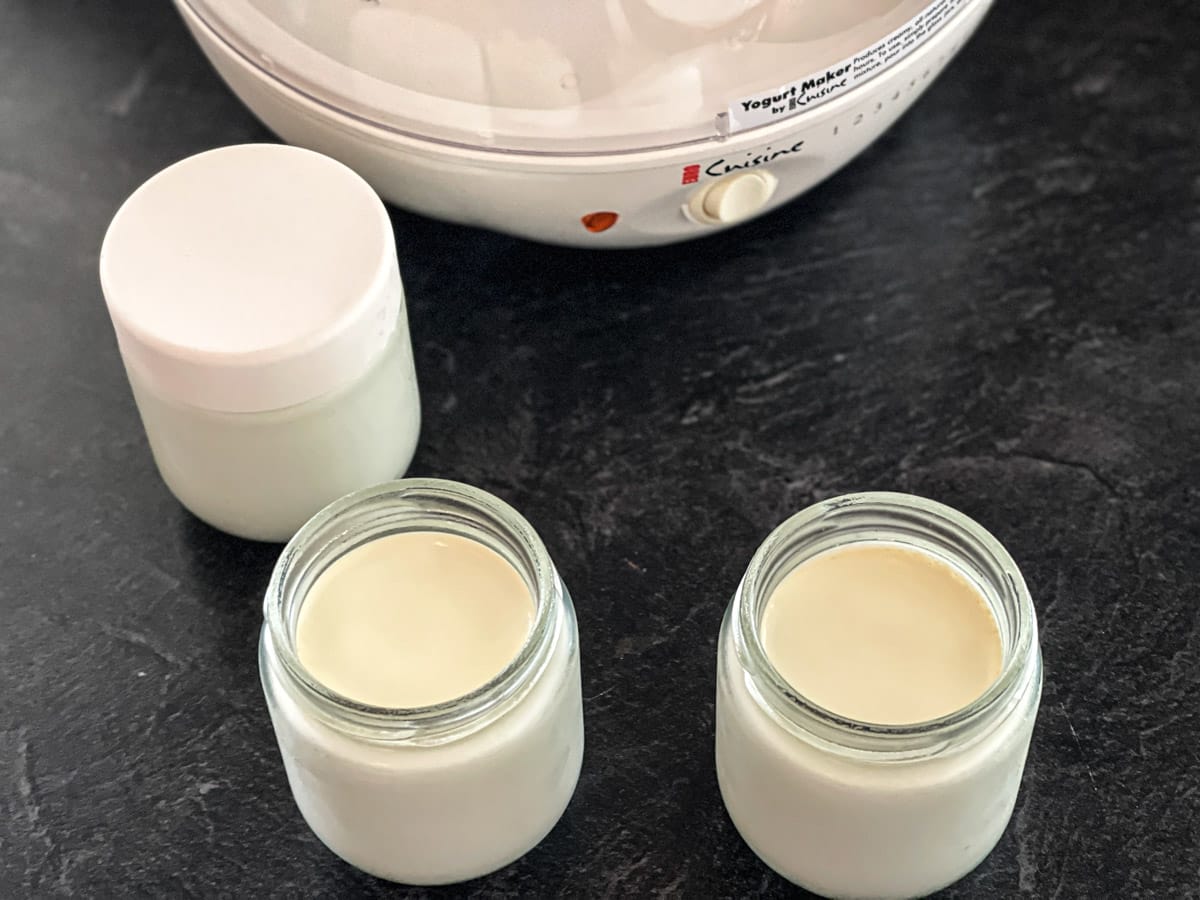
What should I do if the yogurt slightly curdles or if the whey separates from the curds?
No problem! The yogurt is still good, just stir it to achieve a more even consistency.
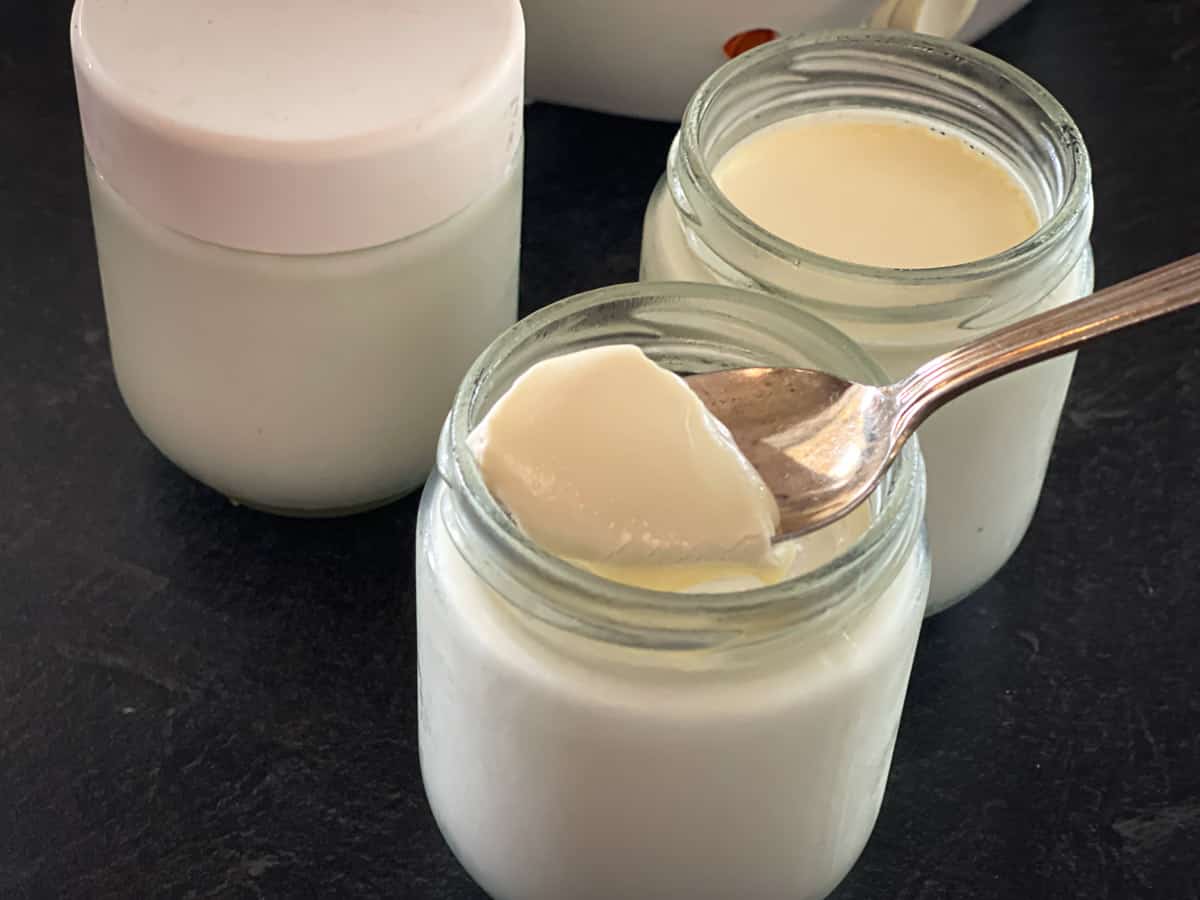
How does the fat content of the milk affect the yogurt?
There's a direct correlation between the fat content of the milk that you use, and the creaminess of the resulting yogurt. Whole milk with a higher fat content will result in a rich, creamy yogurt; skim milk will produce a much less creamy texture.
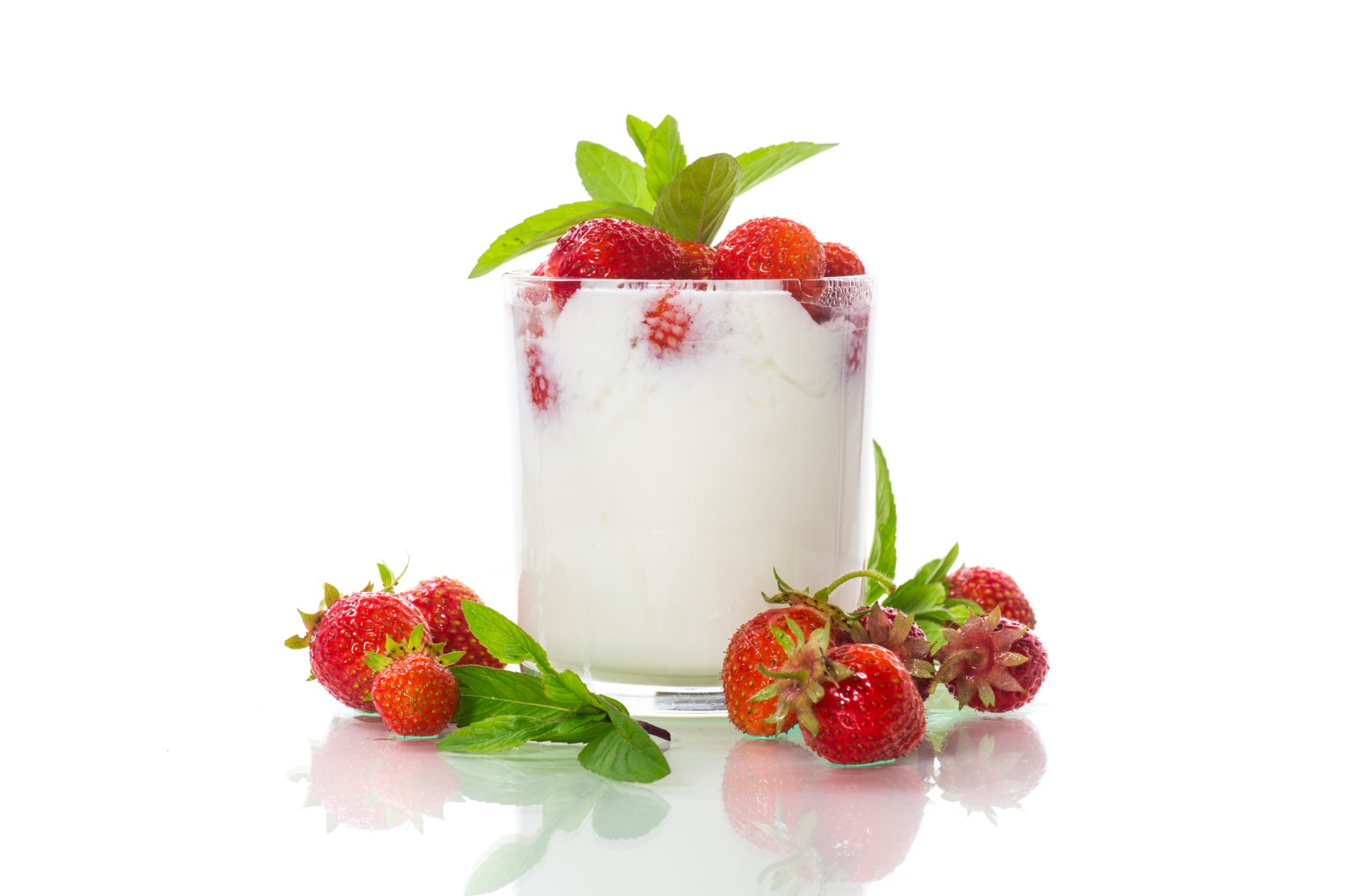
Should I add flavorings such as fruit, sweeteners, etc. during or after fermentation?
Add these after the yogurt is fermented.
Calories In Yogurt Plus
Here’s a general guideline for estimating the nutritional content of Yogurt Plus. The calorie count may vary depending on the type of milk you use, but this serves as a reliable baseline for calculating your nutritional intake.
Yogurt Plus Recipes
Equipment For Yogurt

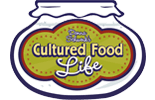
Luvele Yogurt Maker
This is probably my favorite of the yogurt makers that I have tried. It is a 2.1 QT (2L) Glass Container and is made by Luvele, which is a terrific company that is passionate about what they do. Highly recommended.
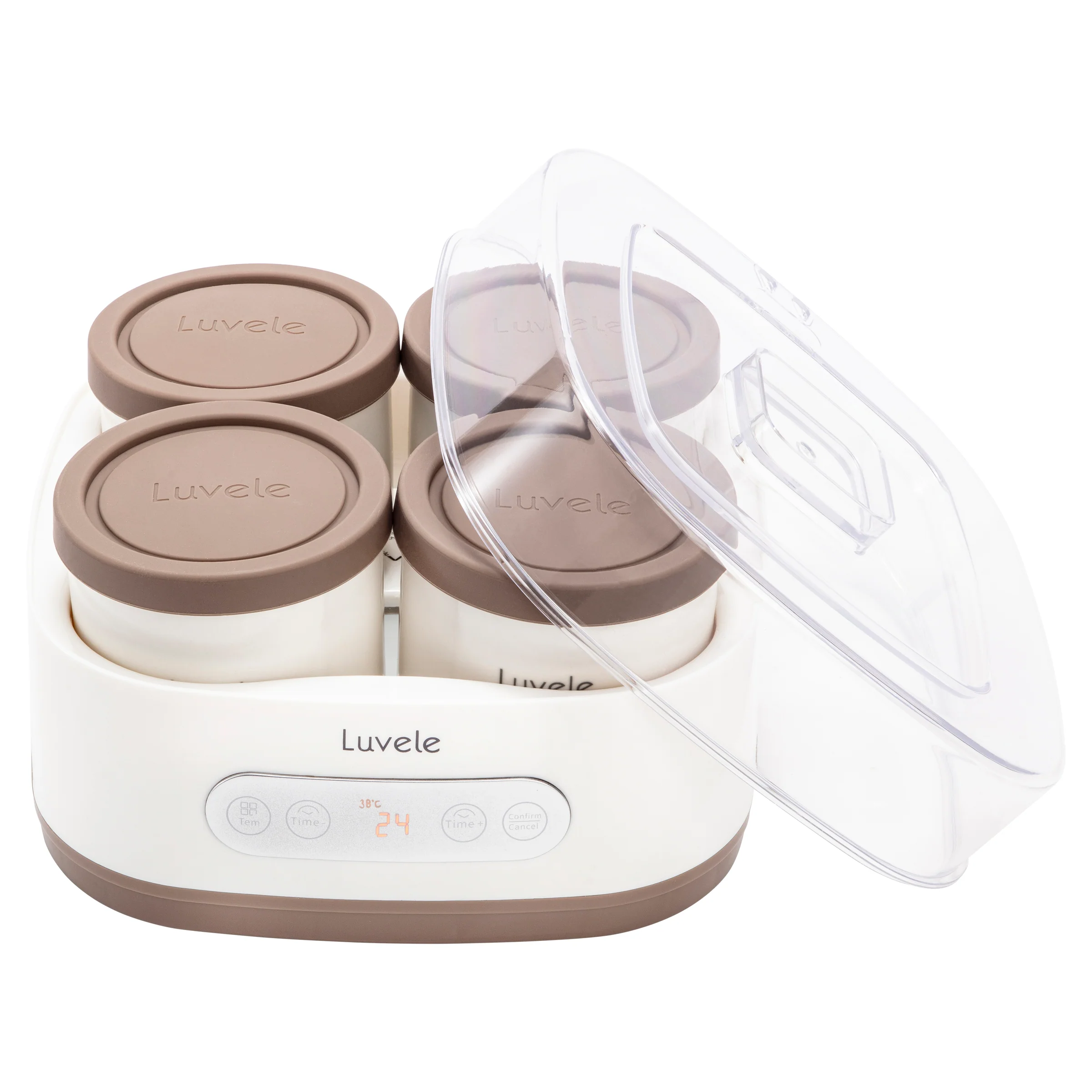

Luvele 4 Jar Yogurt Maker
This is another great updated yogurt maker from Luvele. You get 4 jars which are each 13.5 ounces. It keeps the temp between 78 and 122 degrees F and has a digital dial. It's great for making multiple kinds of yogurt.
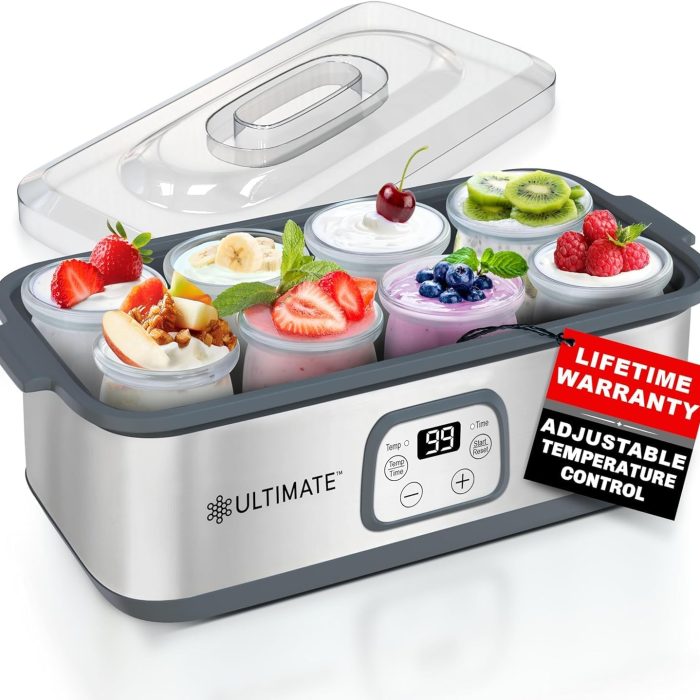

Ultimate Probiotic Yogurt Maker
This yogurt maker is available on Amazon. It has a lifetime warrenty and allows you to set the time and temperature. It is perfect for making little jars of yogurt.
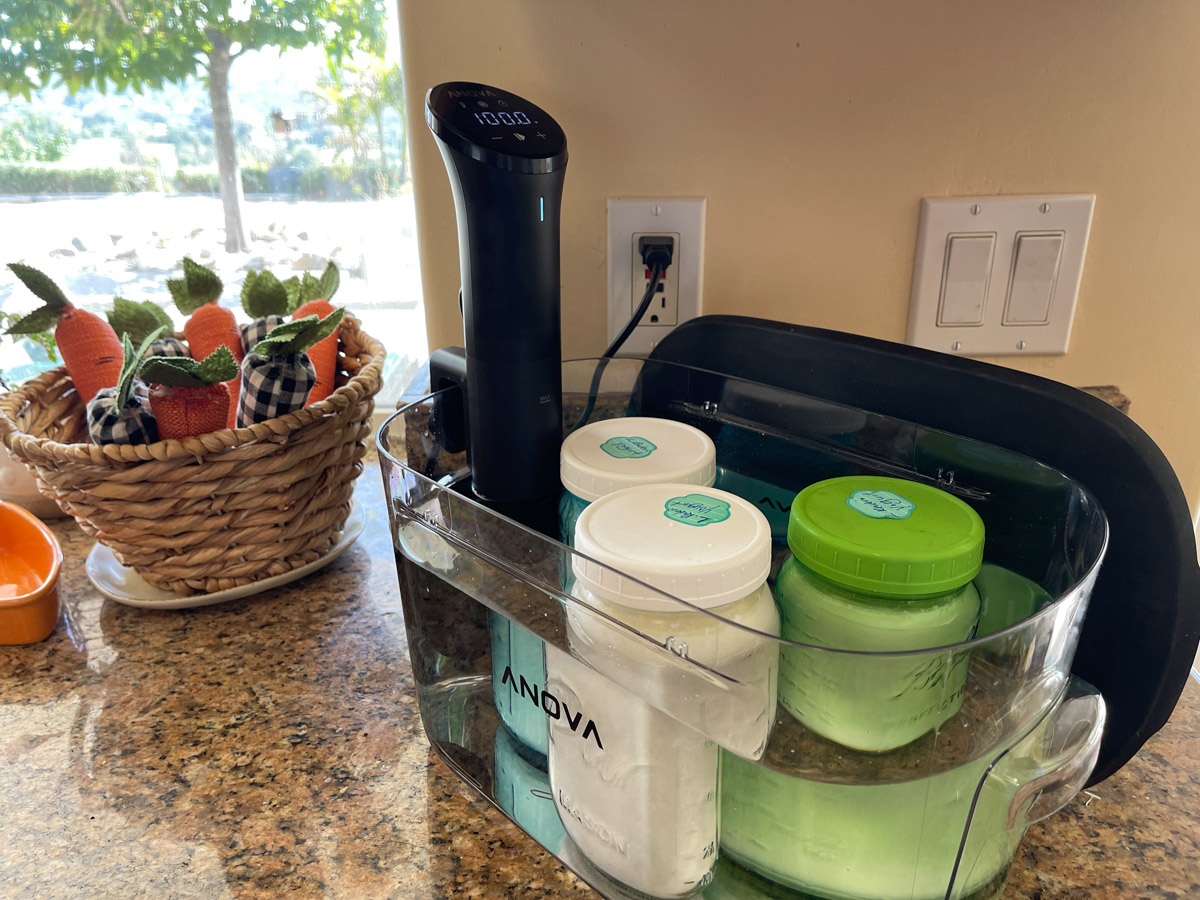

Sous Vide
We've made dozens of jars of yogurt with this device. You can make larger batches so it's very convenient. It's actually a well-known cooking method used by many chefs.
You'll need a sous vide stick and a container to place the yogurt in a water bath. It allows you to make several jars at one time and controls the temperature perfectly.
Here is a link for the container I use but you can use your own container if you'd like:
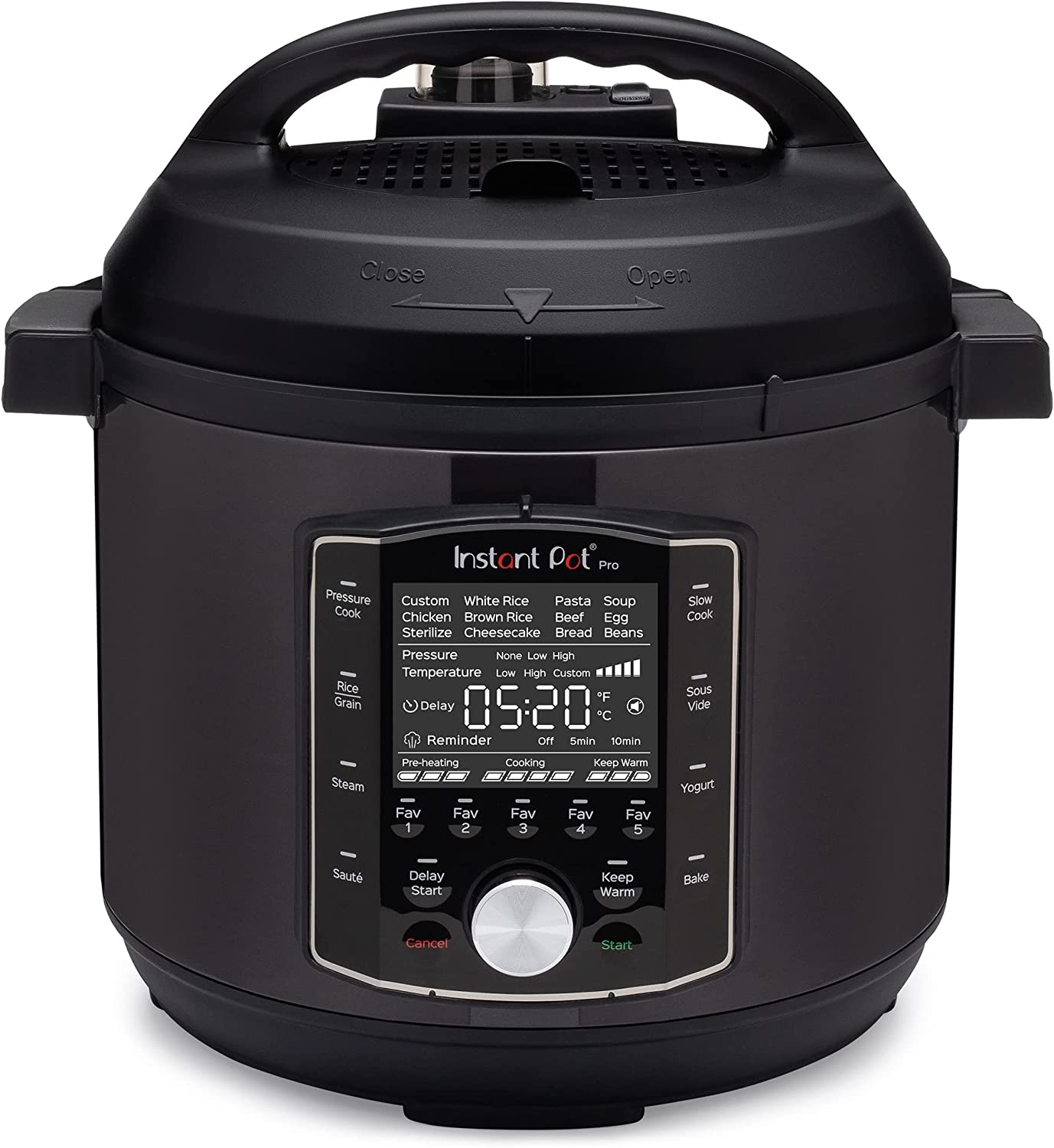

Instapots/Pressure Cookers
Instapots work great for making yogurt. You can use the inner pot or make it in small jars and add water to the pot to make the heat distrubute evenly.
Every item with a link was selected by me to make it easier for you. I may receive a small affiliate commission if you buy something through my links. Thank you! ❤️
Listen To My Podcast
Here are a few of the frequently asked questions about making Yogurt Plus. We have lots of help with making a thicker curd, raw milk Yogurt Plus, and much more. Tune in to learn more.
Are you on the list?
Sign up today and I'll send you my free Getting Started Guide!
Each week I'll send you updates, tips, recipes, and more! You might even be a winner of my weekly giveaway! (starter cultures, memberships, and more!)
Come be a part of my cultured food family!

